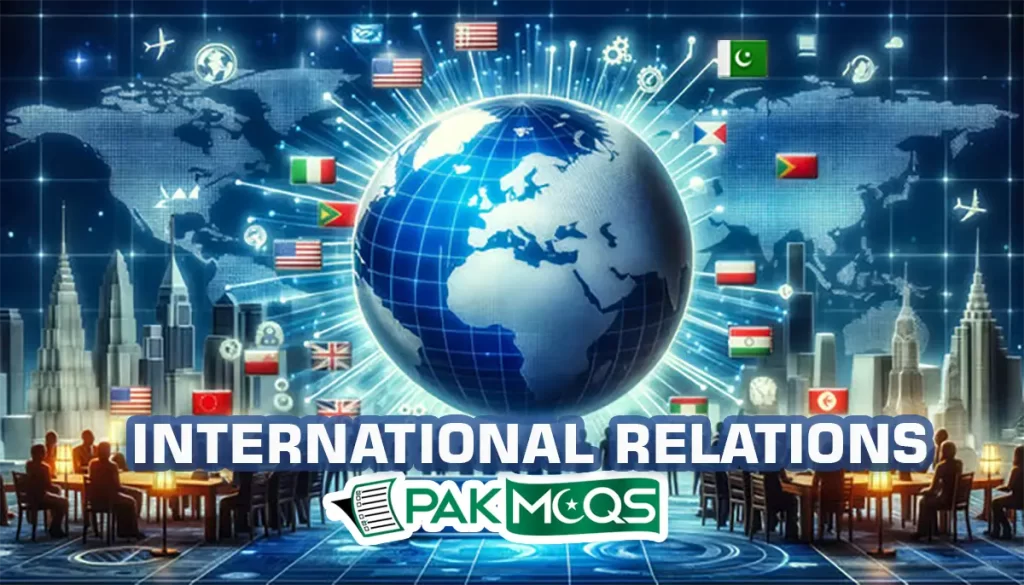A. North America
B. Western Europe
C. the Middle East
D. Japan
International Relations
 International Relations for Preparation – These Multiple Choice Questions are important many competitive examinations, including Competitive Examination (CSS), and university entrance exams. International Relations Mcqs questions are very important for all type of exams conducted by Fpsc, Nts, Kppsc, Ppsc, Spsc, Bpsc, Ots, Uts, Pts, Cts, Ats, etea and other testing agencies of Pakistan.
International Relations for Preparation – These Multiple Choice Questions are important many competitive examinations, including Competitive Examination (CSS), and university entrance exams. International Relations Mcqs questions are very important for all type of exams conducted by Fpsc, Nts, Kppsc, Ppsc, Spsc, Bpsc, Ots, Uts, Pts, Cts, Ats, etea and other testing agencies of Pakistan.
A. Macedonia
B. Bosnia
C. Iraq
D. Rwanda
A. dominance
B. reciprocity
C. identity
D. favoritism
A. Bosnia
B. Croatia
C. Serbia
D. Czechoslovakia
A. tragedy of the commons
B. collective action
C. free riding
D. hegemony
A. MNCs
B. NGOs.
C. IGOs
D. substate actors
A. were crises during the post-Cold War
B. were crises that ted to World War II
C. were crises that followed the Vietnam War
D. were crises during the Cold
A. the Marshall Plan
B. containment
C. mutual assured destruction
D. peaceful coexistence
A. Amnesty International
B. NATO
C. the World Trade Organization
D. OPEC
A. France
B. Soviet Union
C. United States
D. All these countries occupied Germany after World War II: the United States, the Soviet Union, & France

